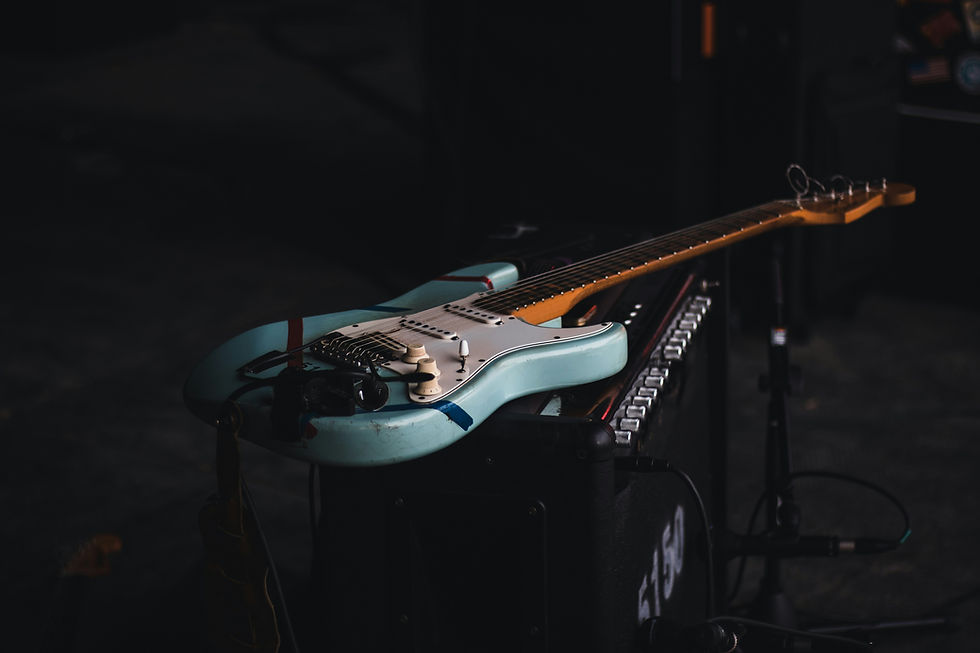Reflect and Redirect
- Michelle Monette

- Dec 27, 2022
- 2 min read

Deliberate planning is essential to building our ideal musical life. We want to be clear about what we’re aiming for, and have a concrete plan on how to get there. Finding the right direction takes time, and often a lot of trial and error. This becomes easier if we have a regular evaluation practice in place so we know exactly how we’re doing, and what we might need to change.
An effective process to achieve this is to reflect and redirect.
You reflect by considering everything related to your musical life. This might include your practice habits, what you’ve been doing to accomplish your goals, and the quality and quantity of your creative output. It is also helpful to think about the big picture, like how much of a role you want music to play in your day-to-day life, or what direction you would like to go with your musical development and artistry.
Identify what is and what isn’t working about each area. Include details about your results, and how you feel about your musical life in general.
If something is working well for you, simply keep going in the same direction.
Anything that isn’t effective, or doesn’t align with your vision for your musical life, can then be redirected. For example, if you haven’t improved on your instrument as much as you want, you might schedule more practice time, or try practicing in a different way. If you struggle to complete your original compositions, you can try setting deadlines for completing pieces. If you are overwhelmed by the amount of material you have to work on each day, or by how many projects you have, you can cut back until you find something more manageable.
This can be completed at any time, but is especially helpful to complete at larger checkpoints, like at the start of a new year, or at the end of a substantial project.
Reflecting and redirecting allows us to be intentional about our musical lives. It provides us with clarity about our direction, goals, and successes, as well as the chance to experiment with new methods and approaches whenever something we’re doing isn’t panning out.







Comments